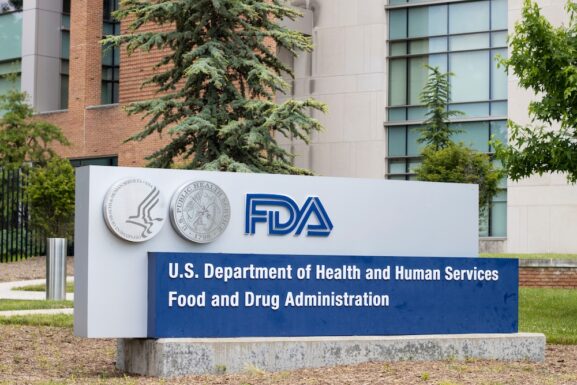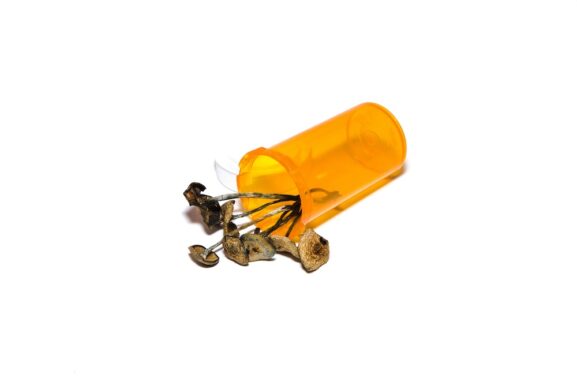Psilocybin Shows Promise in Reducing Stress for First Responders
A groundbreaking study reveals that psilocybin, the active compound in psychedelic mushrooms, may help first responders combat occupational burnout. The research, published in the Journal of Psychedelic Studies, offers hope for those on the front lines of emergency services.
New: Interested in Being Part of a Psychedelics-Focused Clinical Trial? Sign Up Here
The Power of a Single Dose
Researchers found that just one self administered dose of psilocybin can address “psychological and stress related symptoms stemming from a challenging work environment”. This finding could revolutionize how we approach mental health care for emergency medical service workers (EMSWs).
The study involved five participants who took a single dose of psilocybin mushrooms. They completed interviews before and after use. The results were striking.
“After one therapeutic psilocybin session, several measures of OB showed an encouraging level of improvement,” the report states. This improvement remained stable even two months after the session.
Looking for treatment? Find ketamine clinics closest to you as well as other psychedelic therapies in your area.
Beyond Individual Benefits
The implications of this research extend beyond individual well being. The authors suggest that psilocybin use could benefit “the organization and the quality of patient care”.
Consider the ripple effect. If first responders experience less stress and burnout, how might this impact their performance? Could it lead to better patient outcomes?
Psychedelic AI is Here! Try out the beta version of HealingChat, HealingMaps AI chatbot that takes all our vetted content, clinics and retreats to answer all your questions in a safe environment. Try the beta version now!
A Broader Context
This study aligns with a growing body of research on psilocybin’s potential health benefits. The federal government has acknowledged its possible applications for treating alcohol use disorder, anxiety, and depression.
But questions remain. How might this research influence policy? Could we see a shift in how we approach mental health care for high stress professions?
Looking Ahead
The study’s authors view these results as “an initial first step towards finding alternative solutions” for addressing mental distress in first responders. As research continues, we may see more innovative approaches to occupational burnout.
What do you think? Should we explore psychedelic therapies for other high stress professions? How might this change our understanding of mental health treatment?
As we grapple with these questions, one thing is clear: the intersection of psychedelics and mental health is a frontier worth exploring. The potential benefits for first responders and beyond are too significant to ignore.



